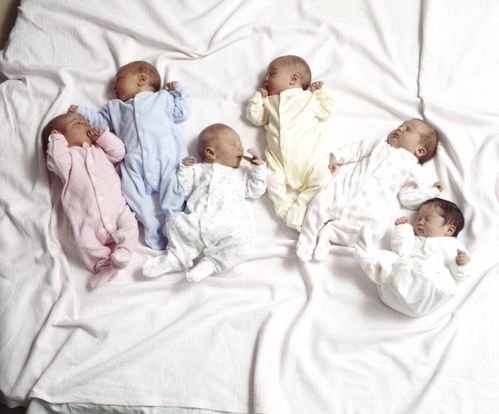27 weeks and 6 days pregn ...
27 weeks and 6 days pregnant

Although ultrasound cannot show it, there is now some hair on your baby’s head and her eyelashes and eyebrows have grown. The pattern and colour of hair growth has a significant impact on the overall look of your baby but this is not apparent on a scan.
While women who are pregnant in the summer may find it hard to stay cool, being pregnant in the winter is also challenging.
More Similar Blogs
Most women are understandably reluctant to buy a winter coat that will see them through pregnancy and may well never be worn again. The good news is that you probably won’t need one at all! You’re likely to feel very warm towards the end of your pregnancy, and may find it more comfortable to wear plenty of layered knits rather than one warm coat or jacket. Layers can also be easily discarded if you become overheated while you’re travelling.
You can also probably hijack some of your partner’s wardrobe, and borrow a coat or jacket that will fasten over your bump if you’re planning to be outside for extended periods. Alternatively, go to a local charity shop – you may well find a larger coat or jacket for a bargain price that will last the few weeks of your pregnancy.
Another thing to consider is wearing your own coat unfastened, with a long scarf hanging down to fill the gap.
Think about purchasing a large shawl or wrap, which will see you through the winter months, and keep you and your baby warm after the birth. Shawls and wraps are ideal for keeping you warm when your baby is in a sling, and also for unexpected breastfeeding sessions outdoors.
You’ll need to take extra care in the winter, when you’re in icy conditions. Make sure you wear sensible flat shoes when you’re out and about to reduce the risk of slipping over.
My midwife has told me I’m anaemic. Can I improve my iron levels through my diet?
All pregnant women should be offered screening for anaemia, which is done early in pregnancy (at the first appointment), and again between 26 and 30 weeks. Generally, an iron-rich diet is advised in pregnancy and this is enough to prevent or improve anaemia. Eat plenty of lean red meat, beans, dried fruits, dark green vegetables, fortified cereals, and bread. Try including a vitamin C-enriched food or drink in your diet, as vitamin C helps the body to absorb iron more efficiently. Vegetarians need to eat plenty of eggs, pulses, beans, and nuts to boost iron supplies.
Taking iron tablets may be recommended depending on how low your iron levels have become.
If you’re having two or more babies, you’ll need to consider making some adjustments to your living space. To reduce the risk of cot death, it’s best for babies to sleep in the same room as their parents for the first six months but you don’t need two cots. You can put both your newborn babies to sleep in one cot, but this isn’t recommended after they’re three months old.
It’s a legal requirement for each baby to have an individual car seat if you plan to drive them anywhere, including home from the hospital.

Be the first to support
Be the first to share
Comment (0)




